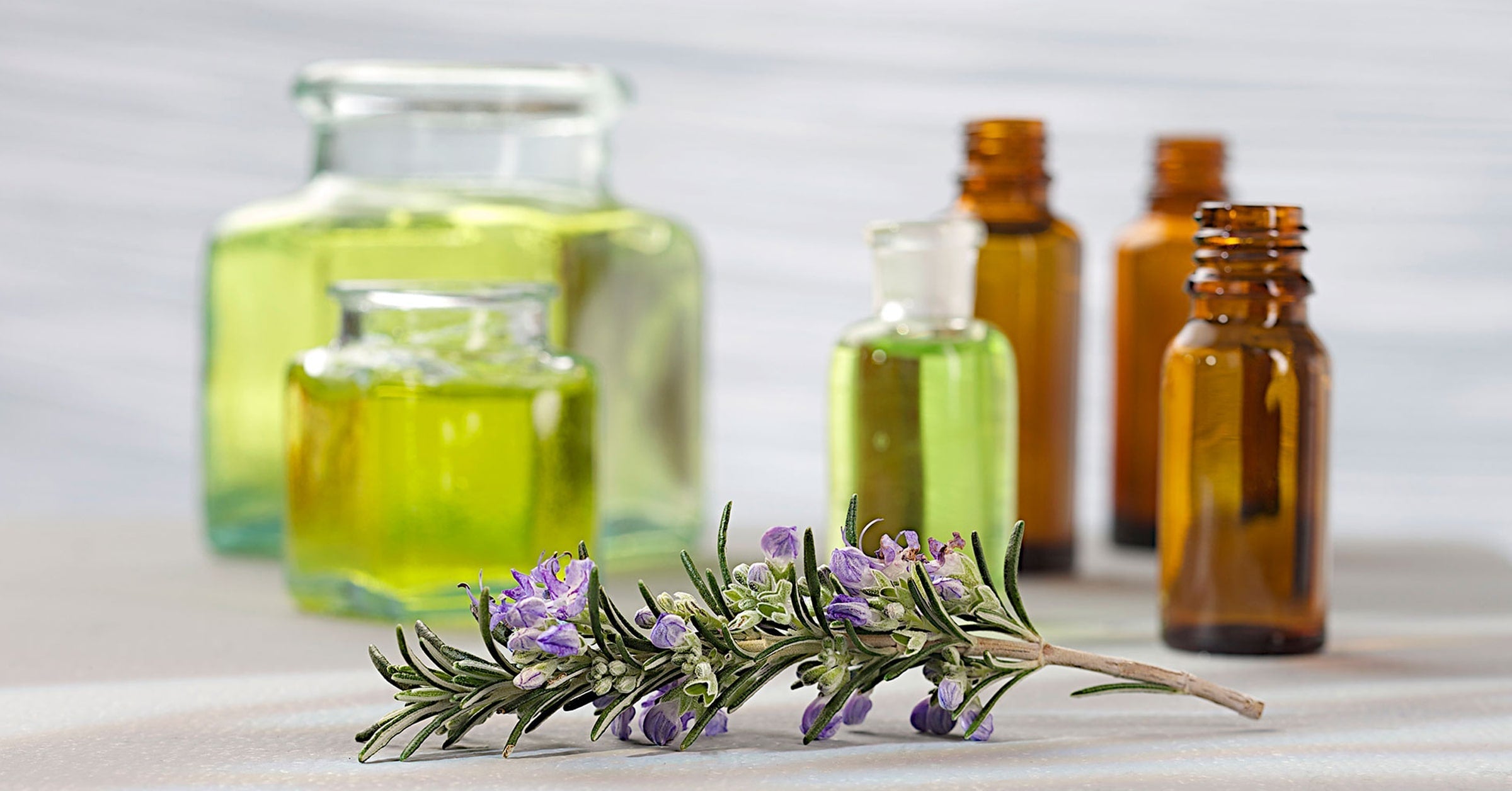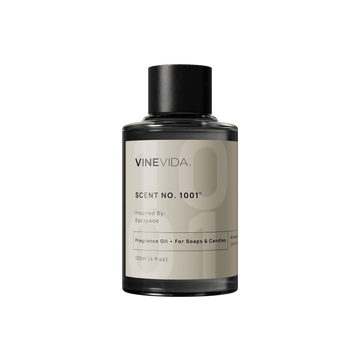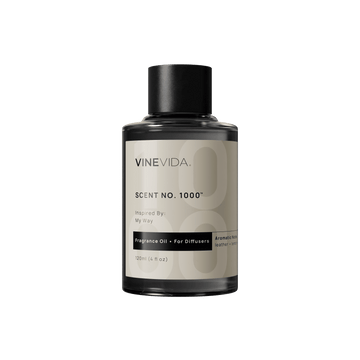If you want to create your signature scent, you’ve come to the right place! Today, we are going to discuss the best essential oils for perfume and what to consider when making your blends.
When it comes to perfumes, there are many different types to choose from. In 1939, Michael Edward created the “fragrance wheel” to help classify them. It is broken down as follows:
Oriental Notes: oriental floral, soft oriental, oriental, and woody oriental.
Woody Notes: woody oriental, mossy wood, aromatic, and dry wood.
Fresh Notes: citrus, green, water.
Floral Notes: fruity, floral, soft floral, oriental floral.
To come up with the best combination of essential oils for perfume, experts suggest combining two different notes that blend together on the fragrance wheel, such as floral and oriental. Additionally, you want to avoid choosing combinations that are opposite from one another.
“Fragrance” comes under the classification of a trade secret. This means manufacturers do not have to disclose what ingredients are being put into them. A test of 140 products found that ¾ of the toxic chemicals traced came from fragrance. This means when you use commercial perfume, you are likely coating your skin with a big dose of toxins.
A solution to this is to find the best-smelling essential oils for perfume and make your own!
The 9 Best Essential Oils for Perfume
Before you start the journey of creating your perfume, there are a few important things to know. Similar to the perfume wheel, fragrances are broken down into three categories. If you want to use the best combination of essential oils for perfume, it is important to get familiar with them.
Top Notes: Top notes are lighter scents, and are the first noticeable when smelling perfume. However, these oils are more volatile and will evaporate quickly, taking their scent with them.
Heart Notes: Heart notes, also known as middle notes, are the core component of your fragrance. These notes decide how your fragrance is classified on the fragrance wheel, and their scent holds much longer than that of a top note.
Base Notes: Base notes offer much heavier aromas, and they can linger for over six hours. Base notes also work to prevent the evaporation of your top and heart note scents.
Our Favorite Top Note Oils
Top notes dissipate quickly and tend to fall under the fresh family in the fragrance wheel, which includes citrus. Top notes will make up around 5-20% of your perfume.
1. Lemon Essential Oil (Citrus Lemon (L.) Burm.F)
Lemon oil is famous for its bright, uplifting aroma, making it one of the best-smelling essential oils for perfume. Due to its fresh scent, it is a common ingredient in everything from cleaning products to cosmetics. In addition, lemon essential oil is common in aromatherapy, which studies show can have a calming effect on symptoms of stress and anxiety. Famous perfumes with lemon aromas include: L’Occitane Verbena, Dolce & Gabbana Light Blue, and Giorgio Armani Acqua Di Gioia. Lemon essential oil pairs well with Bergamot, Cedarwood, and vanilla, among others.
2. Orange Essential Oil (Citrus Sinensis L Osbeck)
Oil extraction from the orange rind offers a potent, zesty aroma perfect for use as a top note. Orange oil is one of the best essential oils for perfume making, due to its versatility: you can use it in a scent meant for both men and women. Moreover, the sweet, refreshing scent of orange brings to mind exotic and tropical destinations. Pair sweet orange oil with jasmine and cedarwood for a musky, woodsy scent. Popular perfumes with orange notes include Clinique Happy and Jo Malone Lime, Basil, and Mandarin Cologne.
3. Grapefruit Essential Oil (Citrus Paradisi Macfayden)
Grapefruit oil is the perfect ingredient for a summery perfume. Its sweet elements are perfectly balanced out by its sharp undertones. Pair with Bergamot, rose, or even something earthy like Balsam Fir or Cedarwood. Many well-known perfumes offer grapefruit aromas, such as Estee Lauder Intuition, Tom Ford Mandarino Di Amalfi, and Clinique Happy.
Our Favorite Middle Note Oils
The middle notes in a perfume appear after the top notes begin to evaporate. They make up the majority of the scent and are often fruity, floral, or spicy.
4. Jasmine Absolute Oil (Jasminum Grandiflorum)
Absolute oils are popular in perfumes due to their strong aromas. They have a much more concentrated color and fragrance, making them some of the best-smelling essential oils for perfume. Jasmine is found in 83% of women’s fragrances, and about a third of men’s! Two perfumes you may have heard of that contain jasmine are Gucci Bloom and Tom Ford Jasmin Rouge. Jasmine pairs well with oils such as Clary Sage, Clove, and Cinnamon for a spicy, seductive scent.
5. Lavender Essential Oil (Lavandula Angustifolia)
It is well-known that the properties of lavender offer a calming effect. However, lavender oil also offers a sweet and floral scent that blends well with numerous other essential oils, including Cedarwood, Clary Sage, Marjoram, and Rosemary. When looking at some of the best combinations of essential oils for perfume, lavender is one of the most frequently used oils. You can find it in designer perfumes created by Chanel, Guerlain, and Tom Ford.
Check More: Lavender Essential Oil.
6. Lemongrass Essential Oil (Cymbopogon Flexuosus)
A cousin of citronella, lemongrass is known for its citrusy scent. It is also popular as a middle note in perfumes, cosmetics, and soaps. Lemongrass’ fresh, herbaceous aroma combines well with Jasmine, sandalwood, and Bergamot, which are a few more oils considered among the best essential oils for perfume making.
Check Out More: Lemongrass Essential Oil.
Best Base Note Oils
To balance your perfume, you will require a base note. Base note aromas begin to come out after a few hours of wear and linger much longer than middle or top notes. Some can even last longer than a day!
7. Patchouli Essential Oil (Pogostemon Cablin)
Patchouli is native to Southeast Asia and is famous for its reputation as a “hippie” scent. However, patchouli’s sweet, spicy musk makes it one of the best-smelling essential oils for perfume. It is found in many brand-name perfumes, including Guilty, by Gucci, and Amber Pour Homme, by Prada. Patchouli pairs well with Jasmine, rose, Bergamot, and Frankincense.
8. Cedarwood Essential Oil (Cedrus Deodara)
Cedarwood essential oil has a long history as a perfume ingredient. Its rich, soothing aroma is common in incense, aftershaves, colognes, and—of course—perfumes. It was very popular with both Ancient Romans and Greeks for its aromatic properties and combines great with sandalwood, orange, and jasmine.
9. Ylang Ylang Essential Oil (Cananga Odorata)
Last but not least, we have ylang ylang oil. Known for its exotic, rich aroma, ylang ylang is one of the best essential oils for perfume making. It is a key ingredient in one of the most famous perfumes in the world—Chanel No.5. Others you may recognize include Tom Ford Soleil Blanc, and Le Labo’s Ylang 49. The tropical scent of ylang ylang pairs well with bergamot, orange, and sandalwood, as well as many other oils.
Making Your Own Essential Oil Perfume
Now that you know all the best smelling essential oils for perfume, it’s time to make your own.
Equipment:
- Liquid measure
- Eyedropper
- Pin or something similar
Materials:
- Either a small glass bottle (5mL) with a lid, or alternatively, a roll-on glass container
- Your choice of a carrier oil
- Essential oils
- Vitamin E in a capsule form
Step by Step Instructions
- Make sure the container is clean and ready for use
- Add oils in the order of base (5-20%), middle (50-80%), and finally top (5-20%). Use about 12 drops total for a 5mL bottle, experimenting until you find your perfect aroma
- Top with a carrier oil such as fractionated coconut or almond oil
- Add vitamin E capsule by pricking open and squeezing into the bottle
- Store in a cool, dark place away from heat, light, and humidity
Conclusion
In this article, we went over what essential oils are good for perfume, and why. Making your own perfume is a great way to get creative, and allows you to ensure your fragrances don’t contain harmful ingredients. Try different oils and amounts until you come up with what you consider to be the best combination of essential oils for perfume. These experiments will allow you to come up with fragrance combinations for every festive occasion. Take our list of the best essential oils for perfume and get creative!























